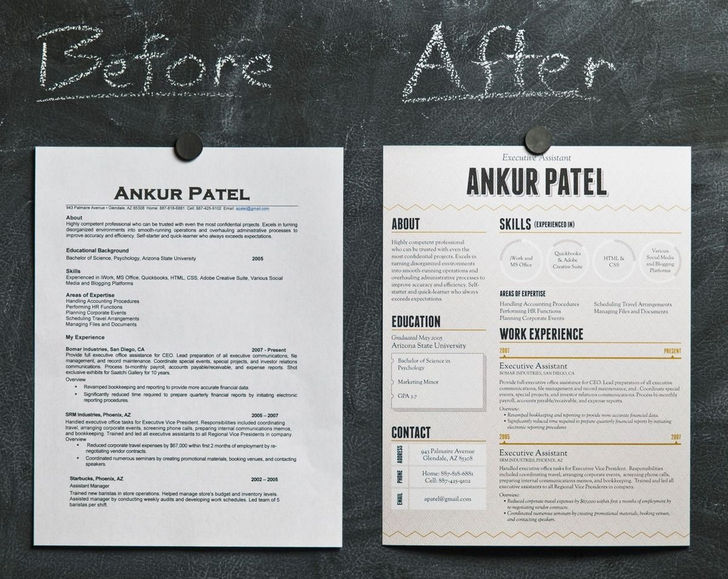Face-to-face conversation is a popular and widely used communication medium in every organization. Business contacts are solidified through face-to-face conversation. There are some obvious reasons for the popularity of face-to-face conversation, and these merits are presented below:
12 Advantages of Face-to-Face Conversation
Instantaneous Communication
Face-to-face conversation enables a person to have instantaneous communication, which is very prompt and immediate. It takes no time to exchange information between persons interacting through conversation.
Immediate Feedback
Face-to-face conversation allows immediate feedback for both parties engaged in communication. Parties receive reactions from each other without delay.
Most Effective Communication
Face-to-face conversation is the most effective form of communication. It provides the opportunity to use verbal and nonverbal cues to make communication successful. Both act as complements to each other, making communication highly effective.
Most Flexible
Face-to-face conversation is the most flexible communication medium. It allows for immediate changes to the content of the message to make it adaptive and suitable for the situation. This flexibility contributes to the high success rate of this medium.
Supplementary to Written Communication
Face-to-face conversation complements written communication by adding a personal touch and influence. People often feel compelled to discuss matters from written communication through face-to-face conversation.
Enhances Human Relations
Face-to-face conversation involves close personal interaction between two individuals. It fosters stronger feelings and develops a sense of mutuality and dependence between them, enhancing human relations.
Early Conflict Resolution
Face-to-face conversation facilitates the rapid exchange of information in a congenial personal human environment. It helps resolve differences quickly and aids in early conflict resolution.
However, face-to-face conversation also has a few disadvantages that can sometimes deter its execution and success. These disadvantages are discussed below:
No Record
Face-to-face conversation does not leave a record, making it unsuitable as a reference in the future to support any agreements or common understandings reached during the conversation.
No Legal Validity
Face-to-face conversation is not accepted as evidence to support any plea in a court of law. This limits its use in formal communication.
Time Consuming
Face-to-face conversation can be time-consuming if not controlled, leading to irrelevant dialogues and wasting the time of business executives.
Influenced by Personal Characteristics
Face-to-face conversation is highly influenced by the physical characteristics of the individuals involved in communication. Emotions, prejudices, temperament, mood, hand movements, facial expressions, pronunciation, figure, and other personal factors can significantly affect communication. Sometimes, face-to-face conversations can end in quarrels due to these influences.
Affected by Status
Face-to-face conversation can be affected by the status of the individuals engaged in communication. Higher-status executives or people may not feel as free and open in this type of communication.

